SUMMARY
This is AI generated summarization, which may have errors. For context, always refer to the full article.
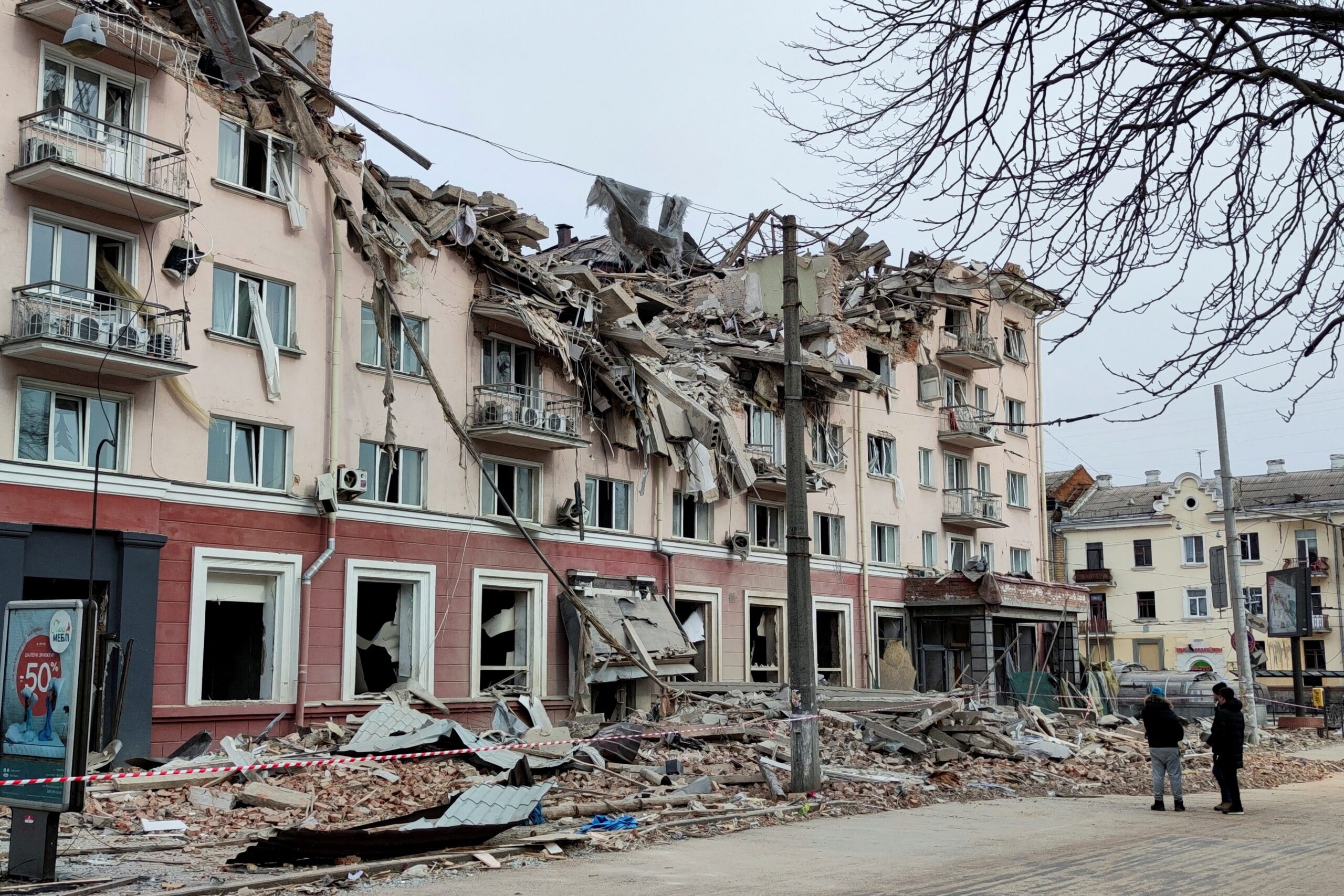
That’s not a gut issue, many say, dismissing foreign policy as a preserve of the academics and experts. We’re a developing country, we don’t really matter in the world and what happens abroad doesn’t affect us. That’s the way the reasoning goes.
But contemporary events have shown otherwise. When the Chinese maritime militia engage in commercial fishing in the West Philippine Sea, they deprive our fishermen of their catch. That translates into lower incomes and less food on the table.
This is apart, of course, from undermining the Philippines’ sovereign rights over its seas.
The impact of Russia’s invasion of Ukraine will not only be felt by Europe but by many parts of the world. Oil prices will continue to rise because Russia is a major oil exporter.
Ukraine and Russia are big producers of wheat and this will likely lead to high prices of flour, bread and other baked goods. Our economy will take another hit soon after emerging from the squeeze of the pandemic.
That’s why it is vital that those aspiring to lead the country understand the threads that connect our country to others—beyond the presence of Filipinos in these areas—and the foundations of post-war peace which nations have committed themselves to.
As the United Nations Charter Article 2 reminds us: “All members shall settle their international disputes by peaceful means… [and] refrain in their international relations from the threat or use of force against the territorial integrity or political independence of any state…”
This bedrock principle has kept stability in the international order and prevented world wars since 1945.
Neutral
I was thus taken aback when I read frontrunner Ferdinand Marcos Jr.’s position on the Ukraine invasion. “I don’t think there is a need to take a stand. We are not involved except for our nationals,” he told reporters in an ambush interview.
This was on the fifth day of the invasion (March 1) as we were seeing heartbreaking images of destruction and death in Ukraine, of Russian airplanes dropping bombs on civilian sites, and of thousands fleeing to seek refuge in nearby countries.
Clearly, a person’s store of knowledge and instincts show during interviews.
A day before he let loose those remarks, the Philippines voted with 141 other countries in the UN General Assembly reprimanding Russia and demanding that Moscow withdraw its military forces. It was a rare emergency session, the first in 40 years. Those who sided with Russia were North Korea, Belarus, Syria and Eritrea. Thirty-five countries, including China, abstained.
Separately, the Philippines issued a strongly-worded statement condemning the invasion.
Marcos Jr. must have realized that what he said isolated him from most of the world. He turned around three days later and issued a statement saying that he stands “united with the rest of the world for Russia to respect Ukraine’s freedom and its citizens’ democratic way of life.”
The other candidate who believes the Philippines should stay neutral is Manila Mayor Isko Moreno. In the CNN presidential debate on February 27, Moreno was asked to explain his position on neutrality. He said Filipinos in Ukraine should first be brought to safety, apparently believing that not taking a stand makes it easier to evacuate our compatriots there.
He clarified his answer later when asked by a CNN reporter. Moreno said the Philippines should “abide by its obligation to the United Nations.”
Condemn Russia
Weeks before the Russian assault, Vice President Leni Robredo said in an interview that the priority is to keep the more than 300 Filipinos living there safe.
Days into the invasion, she condemned the violence inflicted on Ukraine. “It is a moral imperative to stand against bullying and unprovoked aggression… I stand in admiration of the Ukrainian people’s courage and resilience, and am proud of their efforts to defend freedom and a rights-based order – ideals that the Filipino people share,” Robredo said in a statement.
In the CNN presidential debate, Senator Panfilo Lacson said that the Philippines must call out Russia’s actions as Manila was a signatory to the UN charter.
Labor leader Leody de Guzman, for his part, said in a statement that the Russian invasion is unacceptable but the Philippines should stay non-aligned.
Robredo and Lacson came out in the CNN debate as the most prepared when it came to foreign policy. Both presidential aspirants detailed proposals to cushion the economy from the impact of the war in Ukraine.
Election issue?
Foreign policy, as we know, does not figure as a campaign issue during presidential election—although the country’s maritime dispute with China became a popular topic in the 2016 race. This quote from candidate Rodrigo Duterte will always remind us of that campaign: “Sasakay ako ng jet ski, dala-dala ko ‘yung flag ng Pilipino at pupunta ako doon sa airport nila [Scarborough Shoal] tapos itanim ko. Then I would say, ‘This is ours and do what you want with me. Bahala na kayo.’”
(I will ride a jet ski, bringing with me the Philippine flag then I will go to the airport there and I will plant it. Then I would say, “This is ours and do what you want with me. It’s up to you.”)
Today, candidates are also being asked about their position on China’s incursions on the West Philippine Sea. This is a welcome sign.
Ambassador Laura del Rosario, president of Miriam College and former undersecretary at the Department of Foreign Affairs, makes the case that foreign affairs should be popularized so that it gains significance during election campaigns.
I spoke to her recently. Do watch the interview.
Add a comment
How does this make you feel?

![[WATCH] In The Public Square with John Nery: Preloaded elections?](https://www.rappler.com/tachyon/2023/04/In-the-Public-Square-LS-SQ.jpg?resize=257%2C257&crop=414px%2C0px%2C1080px%2C1080px)
![[Newspoint] 19 million reasons](https://www.rappler.com/tachyon/2022/12/Newspoint-19-million-reasons-December-31-2022.jpg?resize=257%2C257&crop=181px%2C0px%2C900px%2C900px)

![[OPINION] The long revolution: Voices from the ground](https://www.rappler.com/tachyon/2022/06/Long-revolution-June-30-2022.jpg?resize=257%2C257&crop=239px%2C0px%2C720px%2C720px)
![[OPINION] I was called a ‘terrorist supporter’ while observing the Philippine elections](https://www.rappler.com/tachyon/2022/06/RT-poster-blurred.jpeg?resize=257%2C257&crop_strategy=attention)
![[Newspoint] Improbable vote](https://www.rappler.com/tachyon/2023/03/Newspoint-improbable-vote-March-24-2023.jpg?resize=257%2C257&crop=339px%2C0px%2C720px%2C720px)
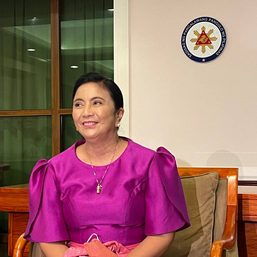





![[New School] Tama na kayo](https://www.rappler.com/tachyon/2024/02/new-school-tama-na-kayo-feb-6-2024.jpg?resize=257%2C257&crop=290px%2C0px%2C720px%2C720px)
![[Only IN Hollywood] After a thousand cuts, and so it begins for Ramona Diaz and Maria Ressa](https://www.rappler.com/tachyon/2024/02/Leni-18.jpg?resize=257%2C257&crop=262px%2C0px%2C720px%2C720px)
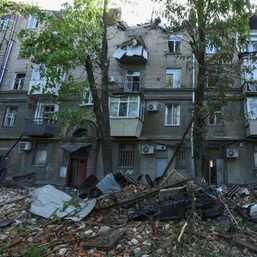
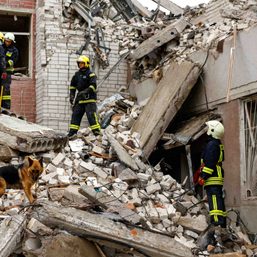

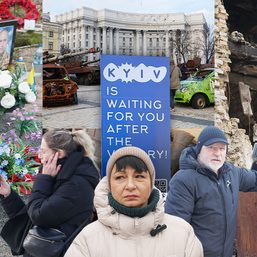
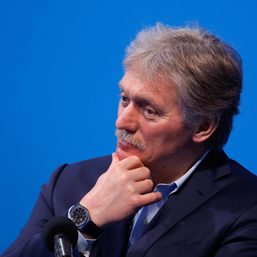
There are no comments yet. Add your comment to start the conversation.